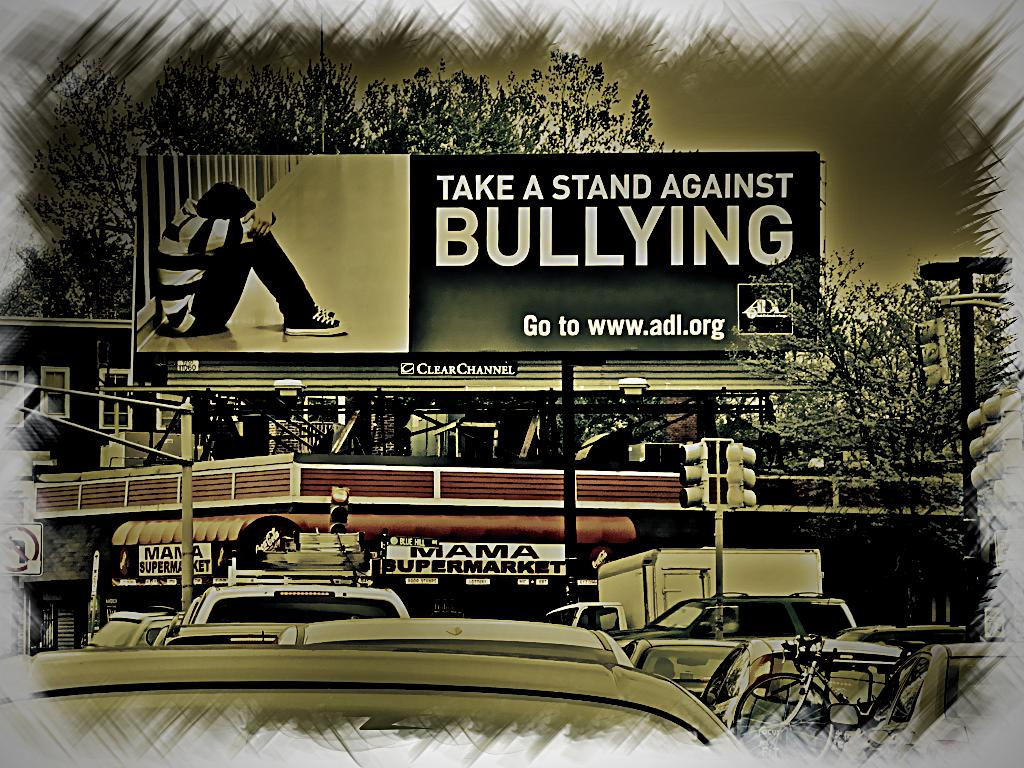When it comes to certain issues with troubled teens, it’s not uncommon to see an increase in aggression and violence. Parents, teachers, youth leaders and many others are forced to deal with increasingly violent teenagers. Teen violence across the United States is something that affects everyone. Learning the hard facts on teen violence can provide you with a more realistic view of what to expect when it comes to your child and teen violence.
Teen violence is a kind of harmful behavior where a young person hurts others, often other teens. Whether victim or offender, troubled teens are more likely to encounter violence in their daily life. If your teenager is acting more violent, it is time to get professional help before your teen and their victim become a statistic, too.
According to the Centers for Disease Control, youth violence has decreased nationwide, but is still a pervasive problem. Here are some statistics directly from the CDC for the most recent years compiled:
- Violent crime arrest rates for youth ages 10-24 years old has decreased from the mid-1990s, declining to 850.8 arrests per 100,000 in 1995 to 423.1 arrests per 100,000 in 2011.
- Youth homicide rates (age 10-24) are also down from 25.4 per 100,000 in 1994 to 12.7 per 100,000 in 2010.
- The number of non-fatal assault-related injury rates for youth (age 10-24) has decreased slightly, but not nearly as much as the other categories, with a slight drop from 1483.4 per 100,000 population in 2001 to 1313.8 per 100,000 in 2011
Troubled teens are more likely to perpetrate violence on another youth or be the recipient of violence from peers. The type of teen violence that your child could be a part of to includes slapping, punching, attacks with weapons, sexual assault and even homicide. Teens who have problems with coping in healthy ways are more likely to be a part of teen violence, whether as victim or offender. Teens who are involved with gangs or other negative peer influences are also more likely to engage in violence.
The good news is that studies show that teens who are taught nonviolent ways to approach and solve problems are less likely to be involved in teen violence. Also, teens with a strong support system, such as family and peers, are at a reduced risk for violence. Even better, teens that are committed to school and those that can set and achieve goals are much less likely to be involved in teen violence. That’s why so many parents with troubled teens seek out therapeutic boarding schools. These schools teach kids how to cope with real-life challenges in healthy ways, and give them the support and guidance they need to learn and grow.
Some Help Your Teen Now Related Articles
- What Did I Do Wrong, My Teen Is Violent?
- What Are The Signs Of Troubled Teen Violence
- What Causes Violence In Teens?
- Creating Healthy Relationships, Combating Teen Dating Violence
- Doing Your Part For Teen Dating Violence Awareness Month
- I’m Worried My Teen May Be In A Violent Relationship
- Parenting Focused On Preventing Teen Violence
- Treatment For Violent Teens










0 Comments